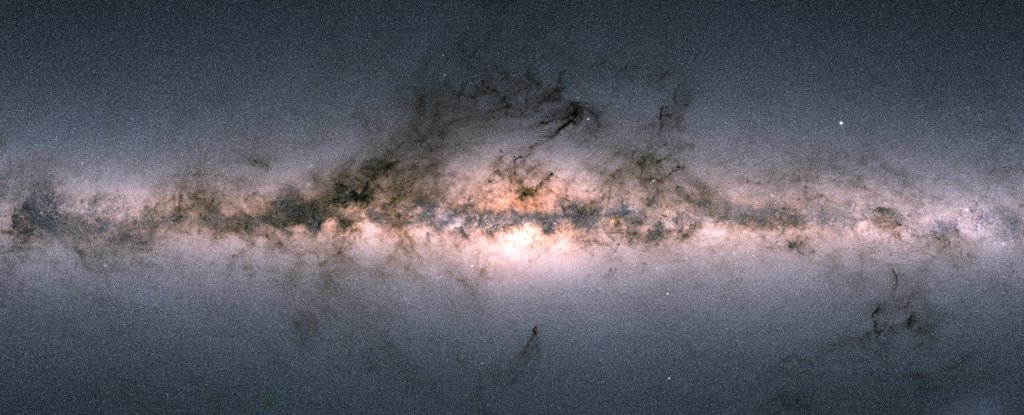
Nov 25, 2021
57 secs
Using measurements of these properties, Hammer and his colleagues used data from the early third data release from Gaia to calculate the movements of 40 dwarf galaxies outside the Milky Way.The results were really intriguing – because they showed that most of the dwarf galaxies assumed to be Milky Way satellites are moving a lot more quickly than objects known to be in orbit around the Milky Way, such as stars from Gaia-Enceladus and the Sagittarius dwarf spheroidal galaxy.The Sagittarius dwarf spheroidal galaxy is currently being disrupted by tidal (gravitational) forces and incorporated into the Milky Way, a process that started around 4 to 5 billion years ago.
This, the team concludes, means that these dwarf galaxies can't have been close to the Milky Way long enough for the massive galaxy's gravitational field to have slowed them down.
This finding could alter our understanding of the interactions between normal galaxies and dwarf galaxies, and the properties of dwarf galaxies, the researchers say.It's possible that some of the dwarf galaxies will be captured in the Milky Way's orbit (although it's impossible to say which ones), but how long they will remain is an open question.